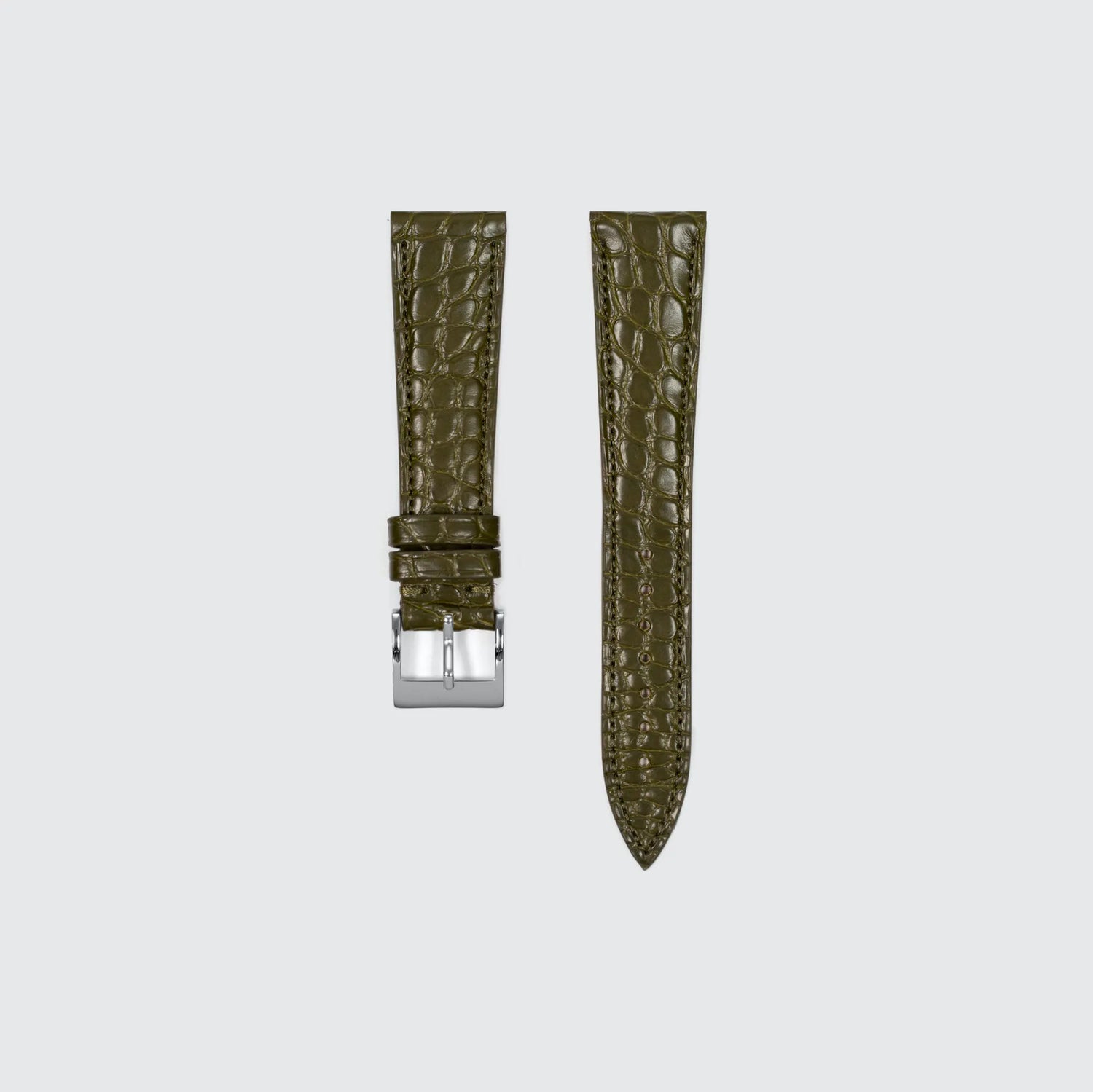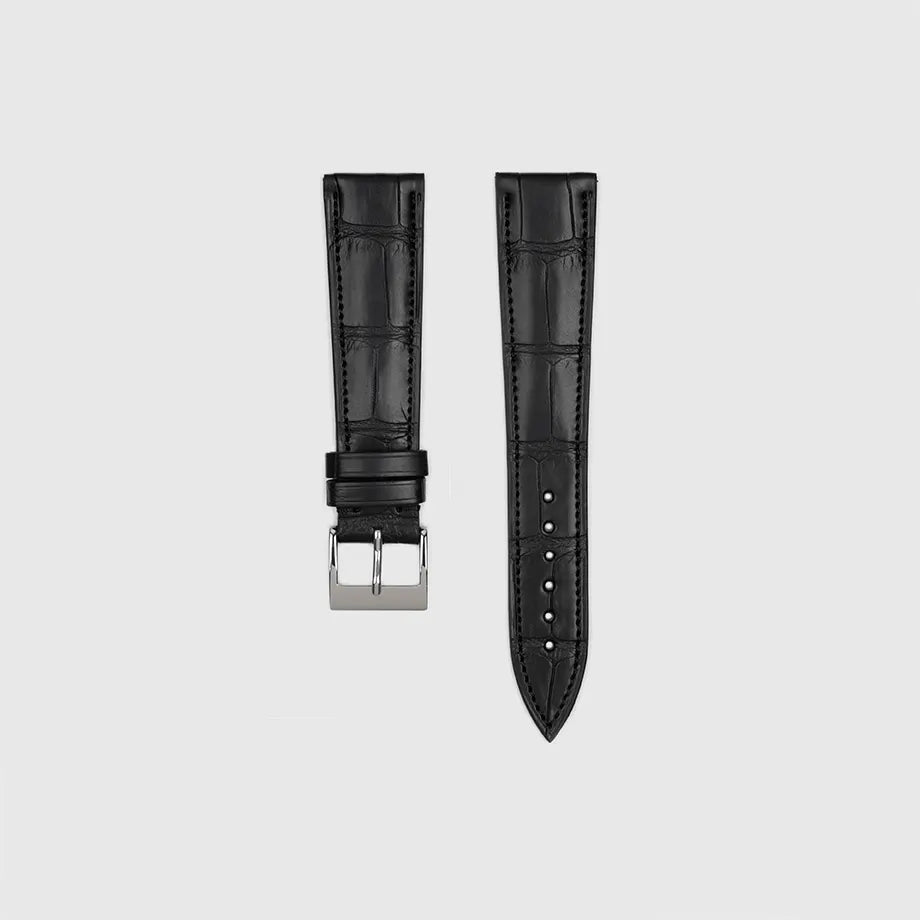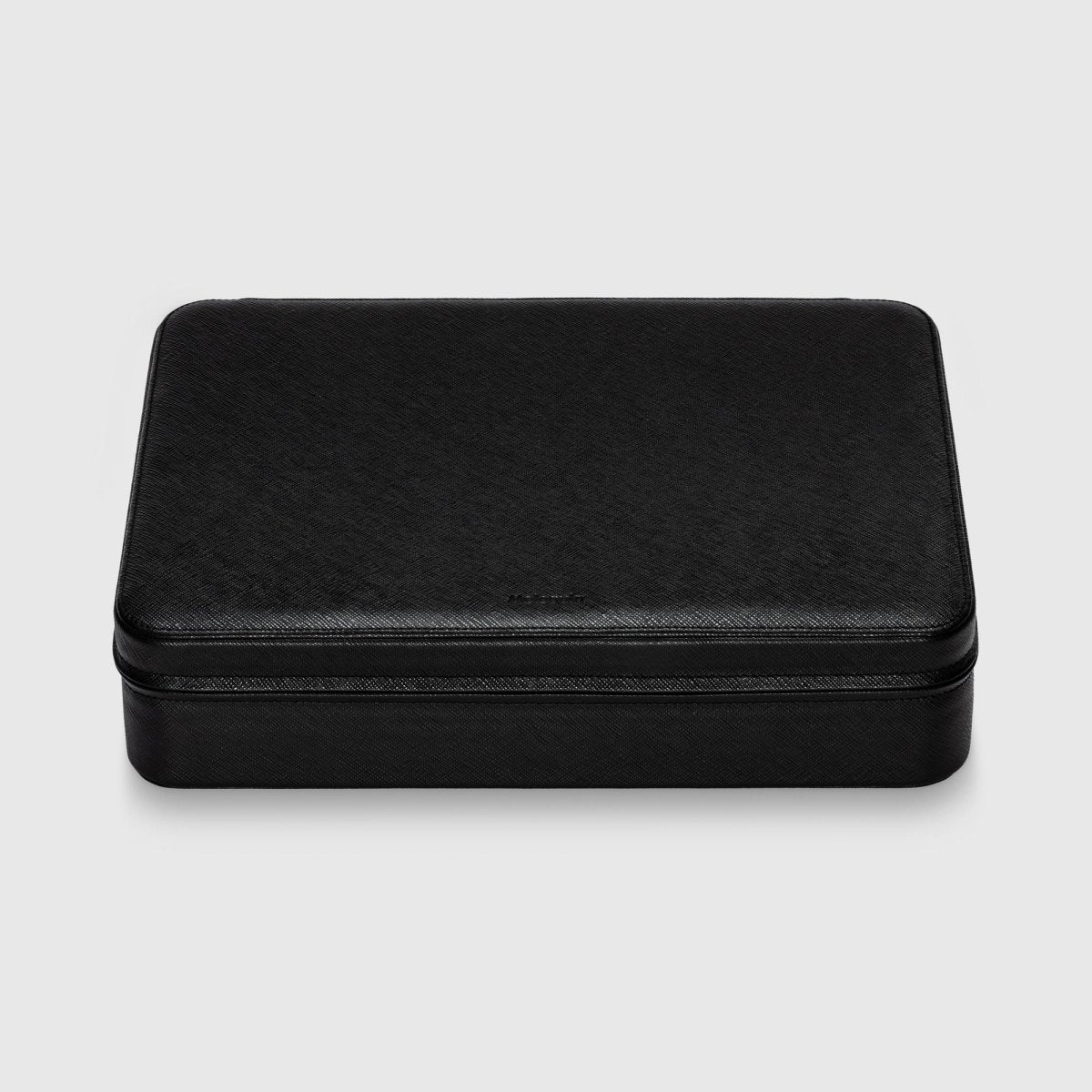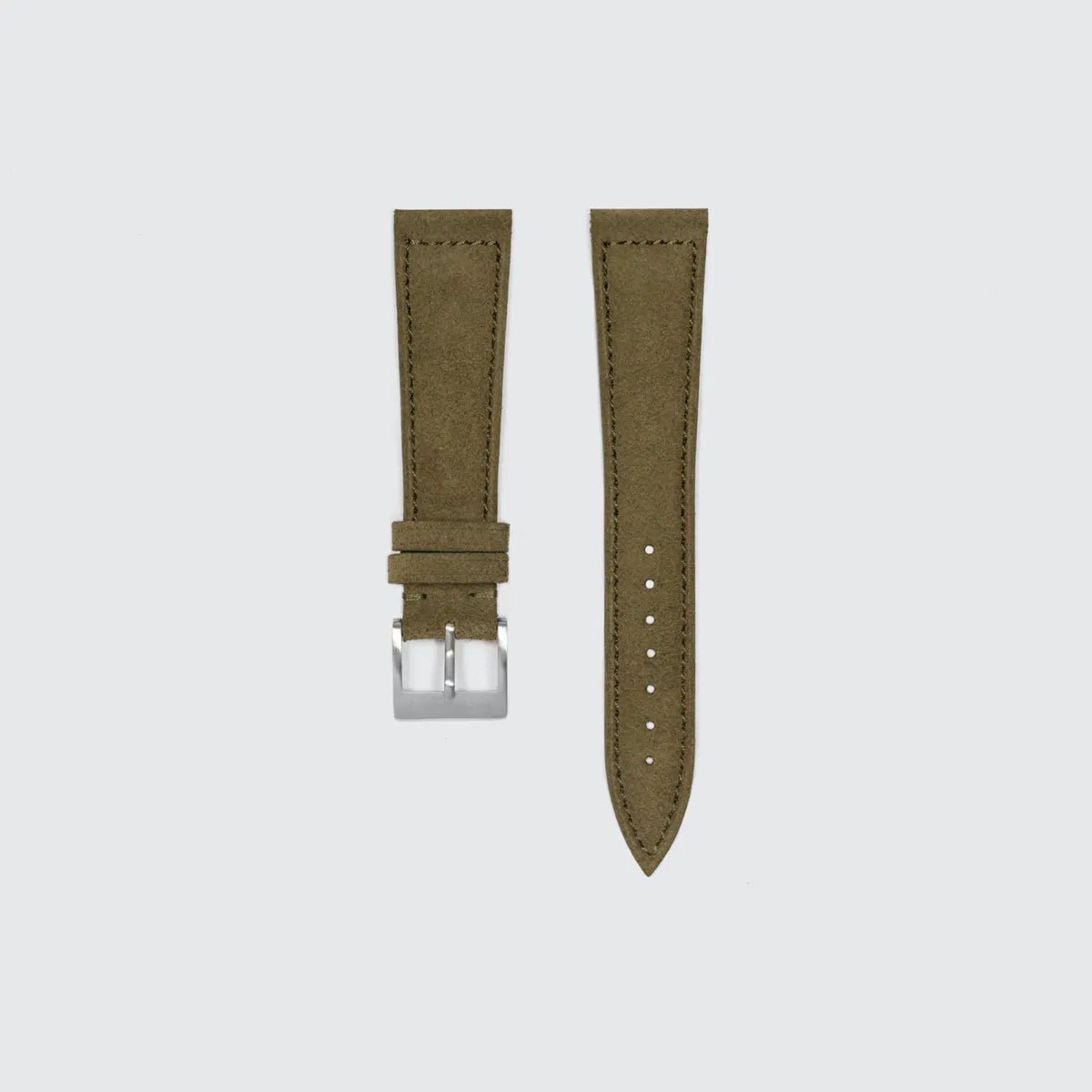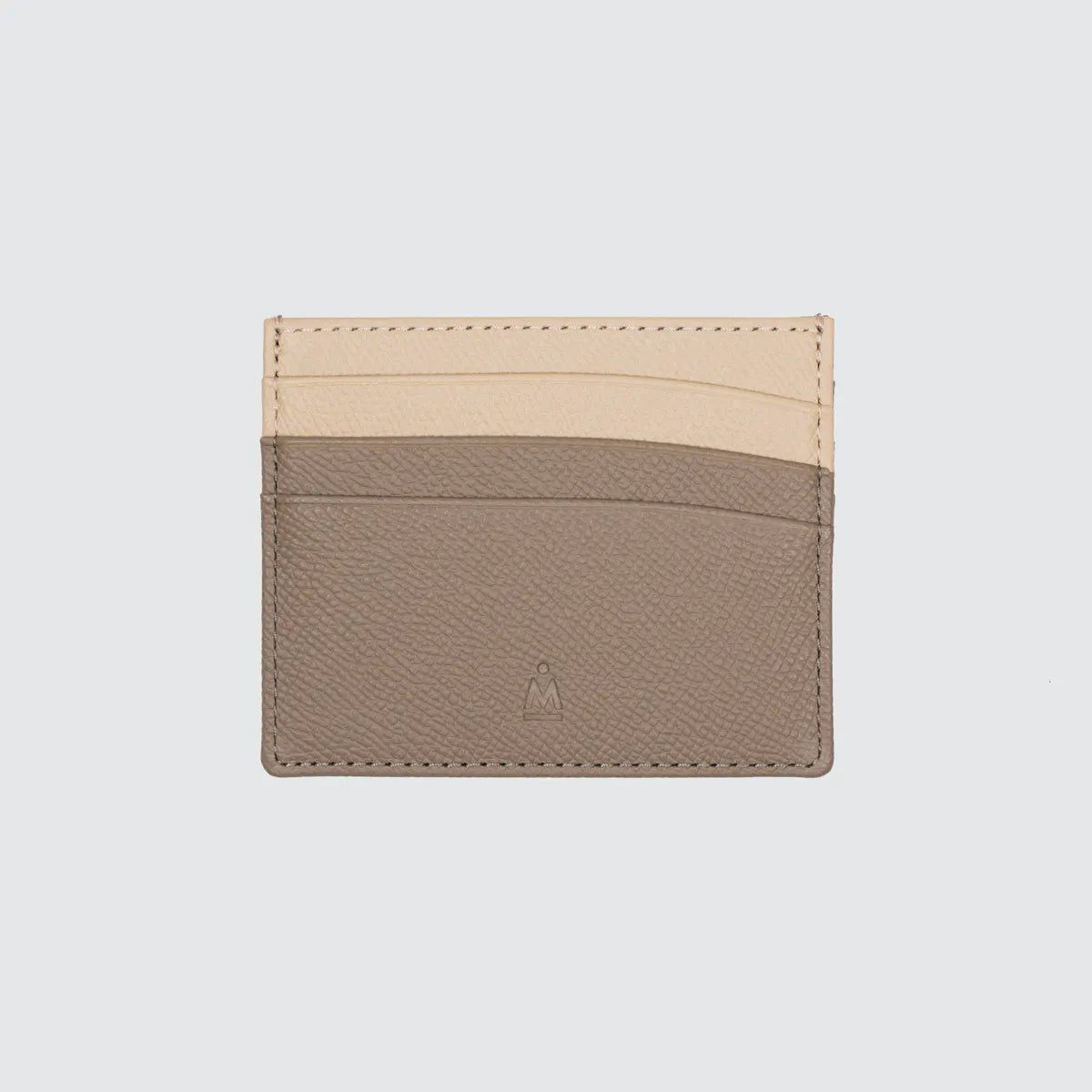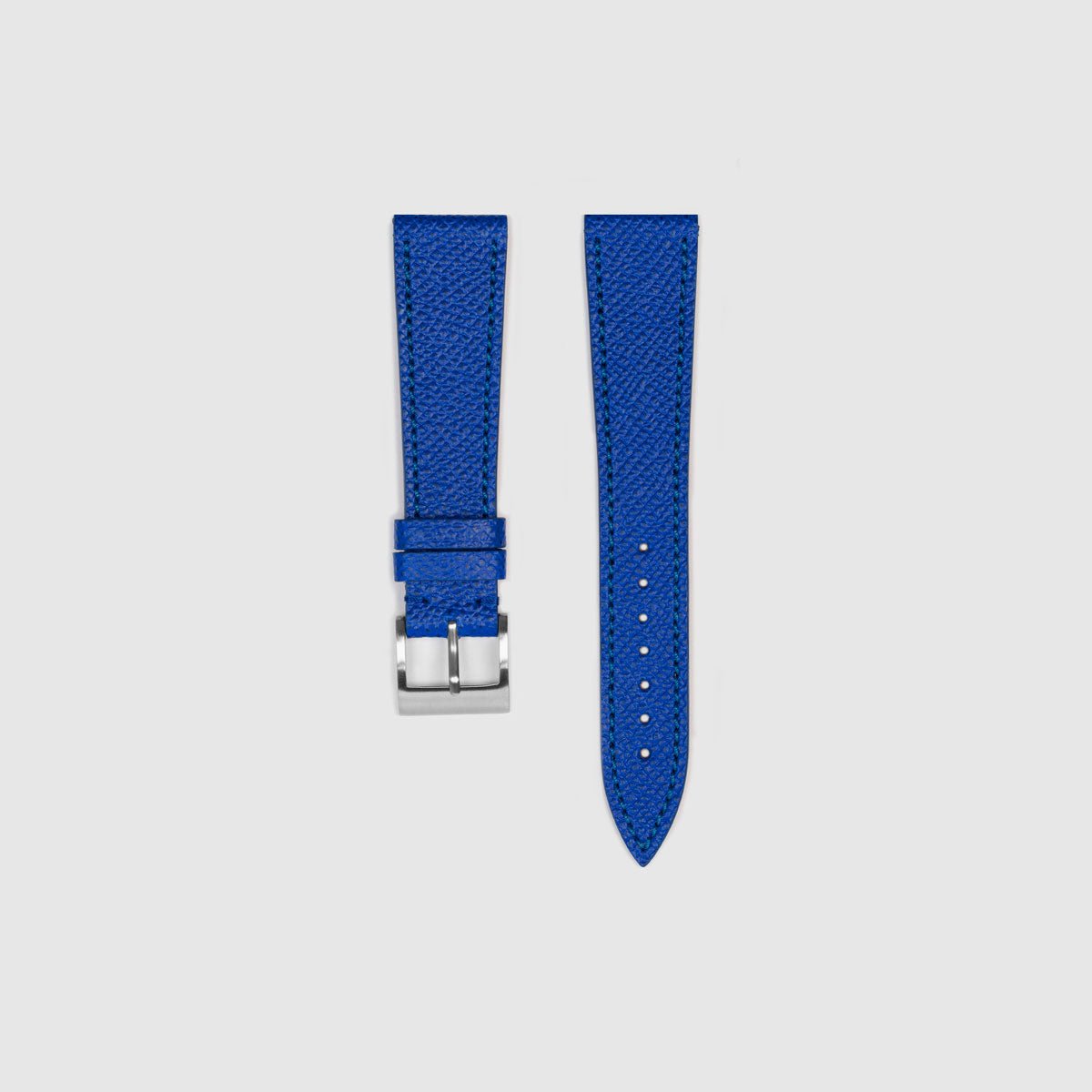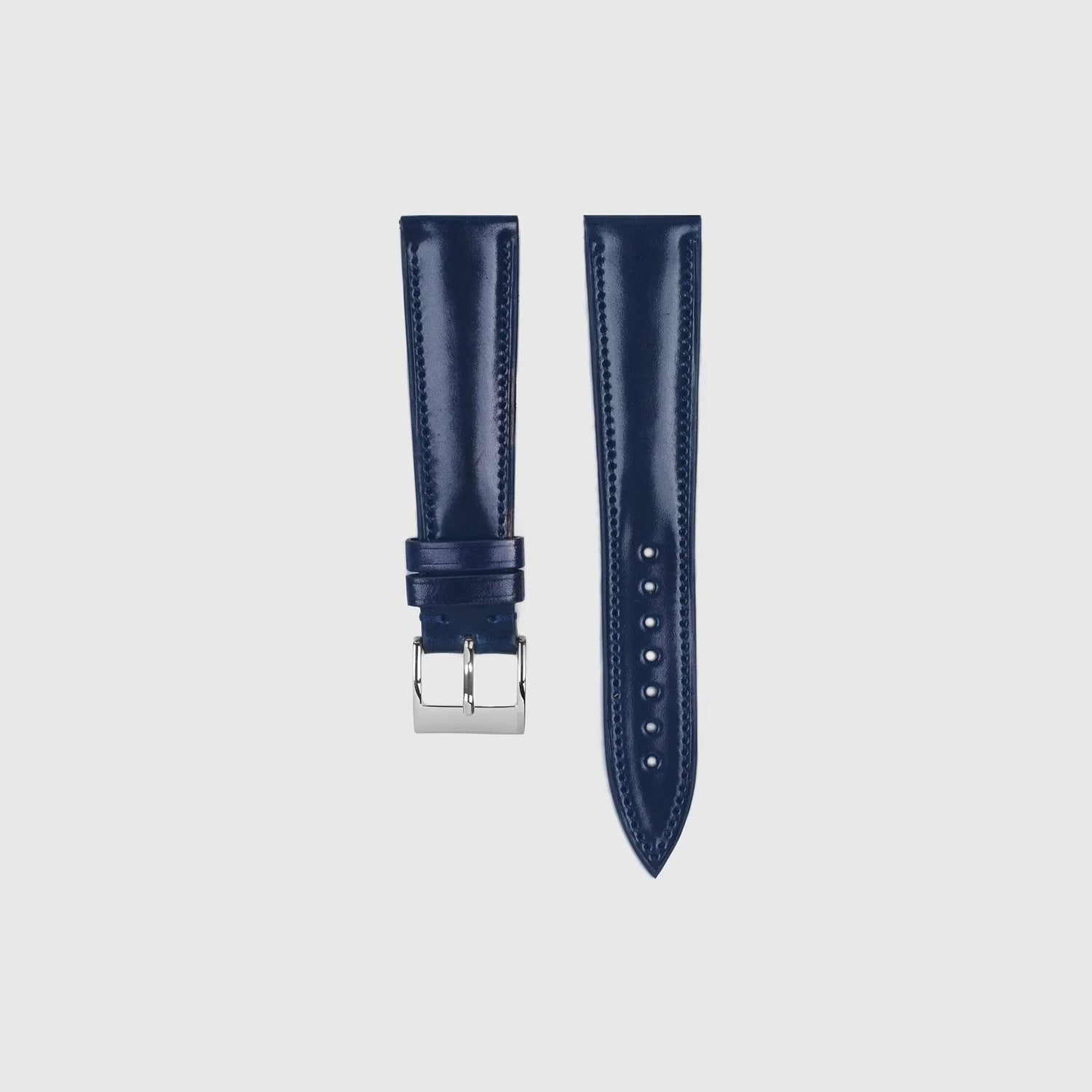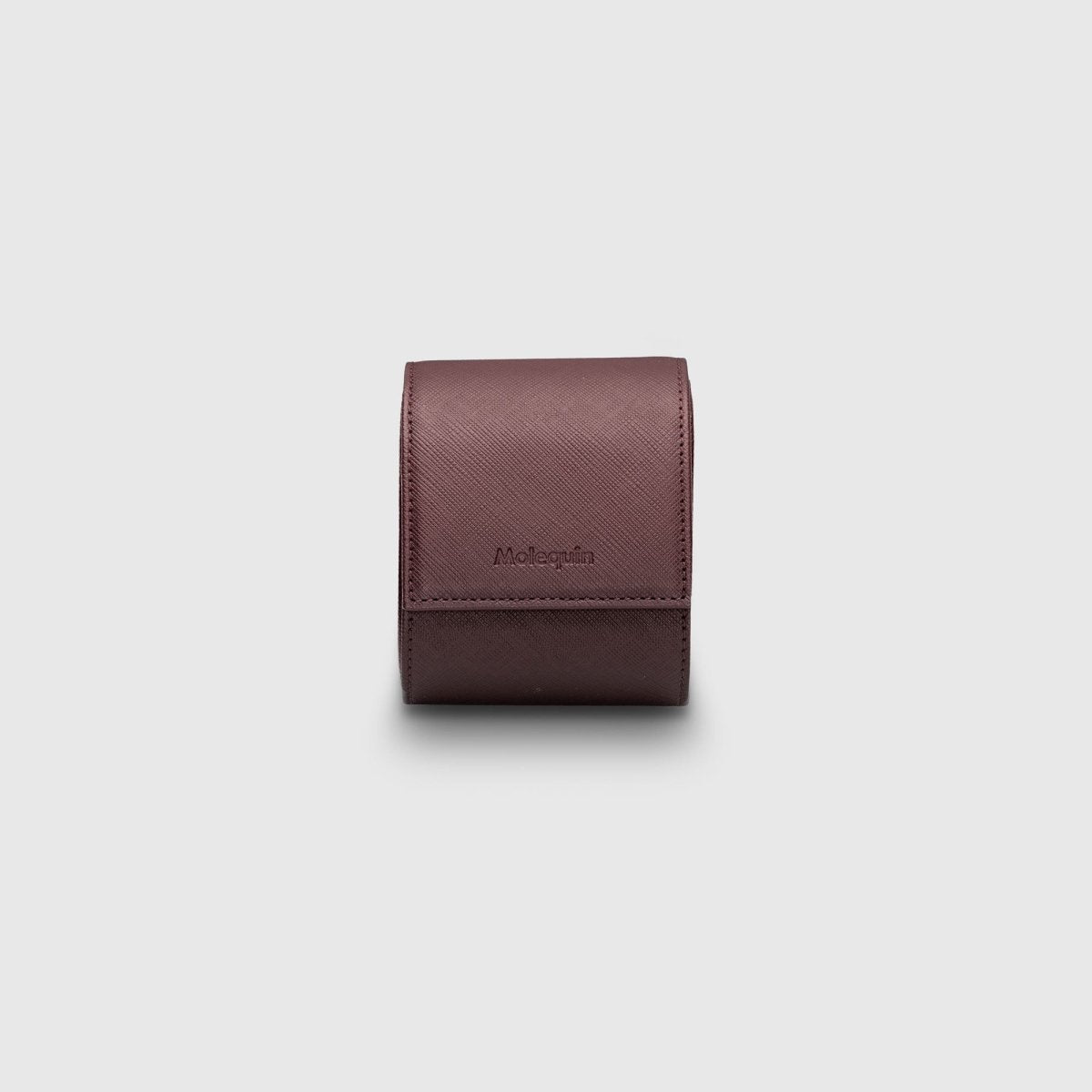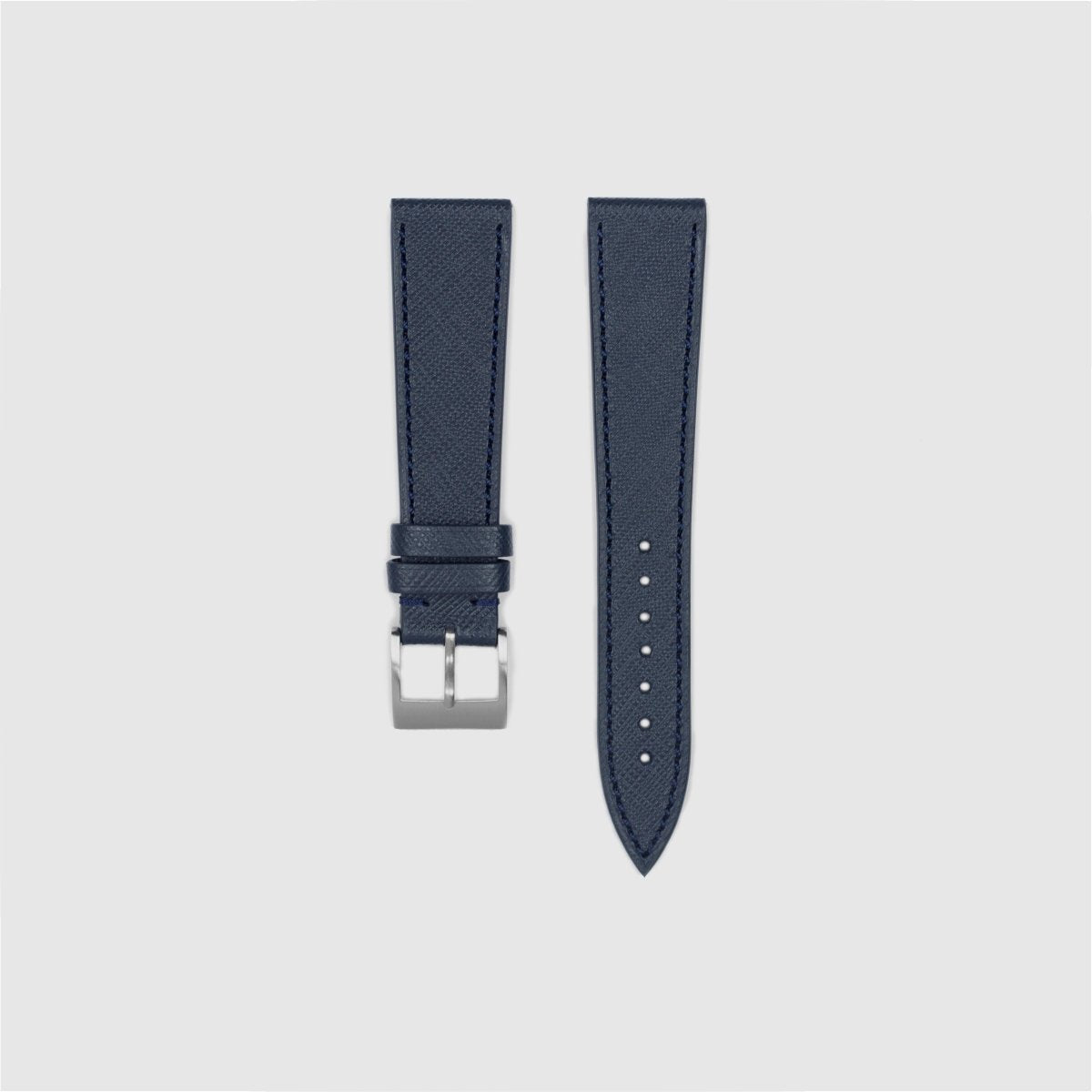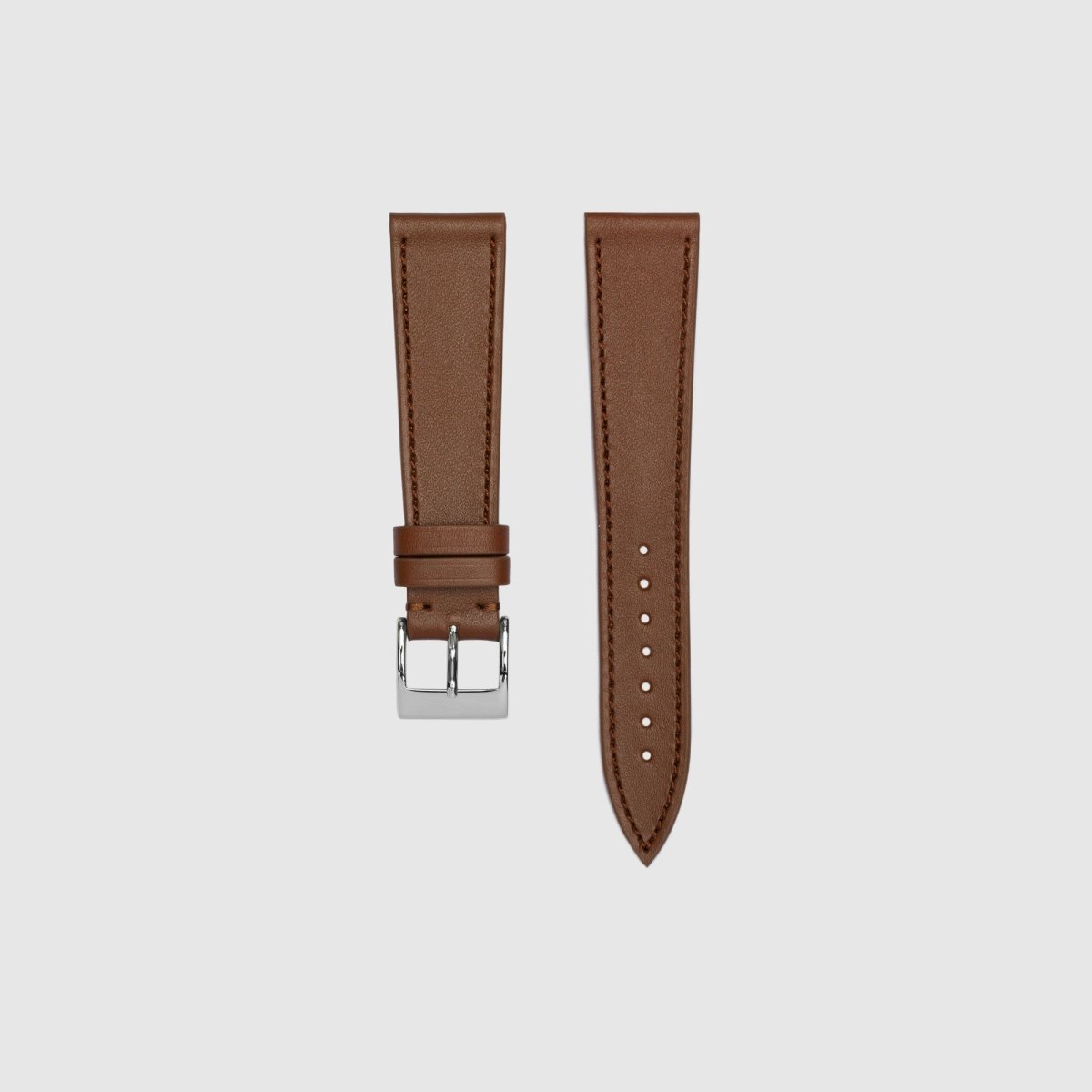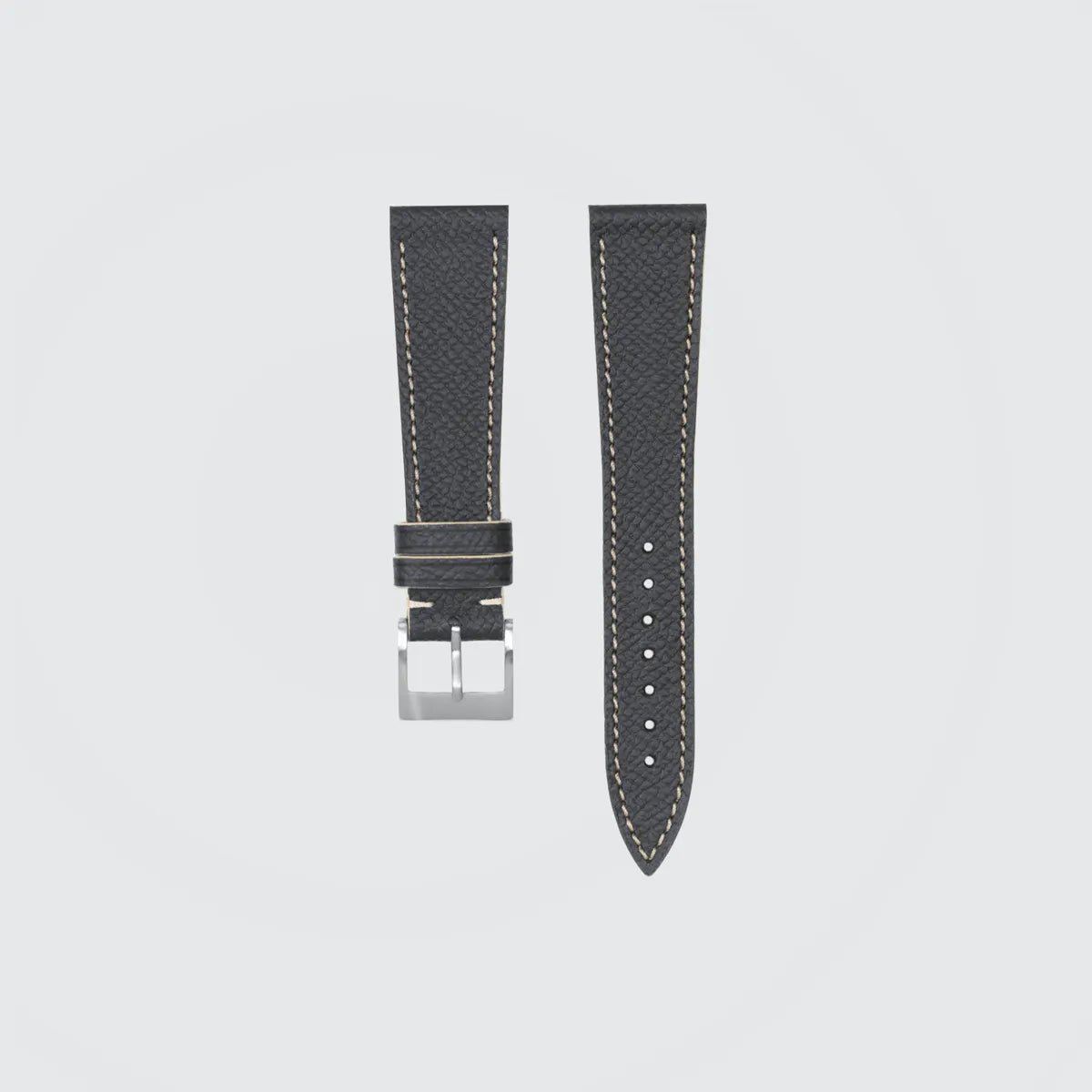In today's conscious consumer landscape, true luxury extends beyond mere aesthetics and craftsmanship. For the discerning watch enthusiast, the story behind their premium accessories has become as important as the exquisite materials themselves. Ethical sourcing – once an afterthought in luxury goods – now stands front and center in the values of leading watch accessory brands.
But what does ethical sourcing really mean when it comes to the sumptuous leathers and exclusive materials used in high-end watch straps and cases? And how are premium brands like Molequin balancing their commitment to uncompromising quality with responsible practices?
The Evolving Definition of Luxury in Watch Accessories
The concept of luxury has undergone a profound transformation. While exceptional craftsmanship and rare materials remain essential, today's luxury includes an often-unseen element: responsibility.
"True luxury isn't just about what a product is made of, but how it came to be," explains industry expert Laurent Picciotto. "The modern connoisseur wants to know that their exquisite alligator strap wasn't produced at the expense of ethical standards."
This shift reflects a broader evolution in consumer values. A recent Deloitte study found that 73% of luxury consumers consider sustainability factors in their purchasing decisions – a figure that rises to 87% among millennials with significant disposable income.
For watch accessory creators, this presents both a challenge and an opportunity to redefine what premium truly means.
The Ethical Complexities of Exotic Leathers
Few materials convey luxury like alligator leather. The distinctive scale pattern of a Black Square Scale or Bordeaux alligator watch strap represents the pinnacle of watch accessories. Yet these materials present unique ethical considerations.
The sourcing of exotic leathers involves navigating complex international regulations, including:
- CITES (Convention on International Trade in Endangered Species) compliance
- Species conservation status verification
- Humane farming and harvesting practices
- Chain of custody documentation throughout processing
Premium brands increasingly recognize that using these materials comes with heightened responsibility. The solution isn't necessarily abandoning traditional luxury materials, but rather ensuring they're sourced through legitimate, regulated channels that support conservation rather than endangering it.
"Responsible sourcing of exotic leathers often involves supporting conservation programs that protect wild populations while creating sustainable economic opportunities for communities," notes wildlife conservation expert Dr. James Perran Ross.
Beyond Exotics: The Sustainability Spectrum in Premium Leathers
While exotic leathers capture attention, standard premium leathers like Saffiano, Grained Calf, and Shell Cordovan present their own sustainability considerations.
The ethical sourcing of these materials involves multiple factors:
- Traceability to farms with humane animal welfare standards
- Vegetable-based tanning methods that reduce chemical impact
- Water conservation in leather processing
- Responsible waste management practices
- Fair labor conditions throughout the supply chain
Leading manufacturers now work closely with tanneries that employ traditional, less chemical-intensive methods. These approaches not only yield superior leather quality but also reduce environmental impact.
"The highest quality leathers often come from the most responsible sources," explains master craftsman Philippe Roux. "When a tannery takes shortcuts environmentally, it typically shows in the final product."
Inside Molequin's Responsible Sourcing Approach
Molequin's dedication to exceptional watch accessories is matched by their commitment to responsible sourcing. Their carefully developed Responsible Sourcing Policy establishes strict standards for all materials entering their atelier.
This comprehensive approach includes:
- Direct partnerships with European tanneries adhering to strict EU environmental regulations
- Full traceability documentation for all exotic leathers
- Regular supplier audits to verify compliance with ethical standards
- Investment in artisanal production methods that minimize waste
- Commitment to fair labor practices throughout their supply chain
By maintaining close relationships with their material suppliers, Molequin ensures that the Oxford Blue Saffiano or Slate Grey Suede strap on a customer's wrist meets both aesthetic and ethical expectations.
Craftsmanship as a Sustainable Practice
Perhaps counterintuitively, the traditional craftsmanship behind premium watch accessories represents a form of sustainability itself. In an age of disposable fashion, meticulously crafted items made to last generations stand in direct opposition to our throwaway culture.
When a Premium Case 10 in Hunter Green is handcrafted using traditional techniques, it creates:
- A product designed for decades of use, not seasons
- Minimal manufacturing waste through precise cutting and assembly
- Opportunities for repair rather than replacement
- A treasured item that appreciates rather than depreciates
"The longevity of traditionally crafted goods is perhaps their greatest environmental virtue," notes sustainability researcher Emma Richardson. "A premium watch case made with attention to detail might be used for 50+ years, compared to a mass-produced alternative that might last five."
This "slow luxury" approach fundamentally challenges the consumption patterns driving environmental degradation.
Transparency: The New Currency in Ethical Luxury
For today's consumers, claims of ethical practices are meaningless without transparency. Leading accessory brands now provide unprecedented visibility into their sourcing and manufacturing processes.
Meaningful transparency includes:
- Clear communication about material origins
- Specific sustainability initiatives and certifications
- Honest acknowledgment of challenges and improvement areas
- Verification through third-party audits
"The brands succeeding in ethical luxury aren't necessarily those with perfect records, but those willing to honestly communicate their journey," observes industry analyst Thomas Chen.
This transparency extends to the customer experience. When purchasing a premium strap, consumers increasingly expect access to information about its origins and the ecological footprint of their purchase.
The Future: Innovation in Sustainable Luxury Materials
While traditional leathers remain the standard for premium watch accessories, forward-thinking brands are exploring innovations that could redefine luxury materials:
- Lab-grown exotic leather alternatives with identical appearance and properties
- Advanced plant-based leathers with premium characteristics
- Upcycled materials transformed through artisanal techniques
- Heritage materials revived through sustainable practices
These innovations don't represent compromises, but rather new expressions of luxury that align with evolving values.
"We're seeing incredible breakthroughs in materials science that will soon make it difficult to distinguish between traditional luxury materials and their sustainable alternatives," predicts materials scientist Dr. Amara Khatri.
For a brand like Molequin, whose reputation rests on exceptional quality, these innovations offer exciting possibilities to extend their craftsmanship to new sustainable frontiers.
How to Identify Truly Ethical Luxury Watch Accessories
For the conscious collector seeking genuinely ethical watch accessories, several indicators can help separate substance from marketing:
- Specific policy statements - Look for detailed responsible sourcing commitments rather than vague claims
- Transparency about origins - Ethical brands willingly share where and how their materials are sourced
- Recognized certifications - Industry-standard certifications provide third-party verification
- Focus on craftsmanship - Emphasis on artisanal techniques often correlates with ethical practices
- Price reflective of true costs - Genuinely sustainable luxury cannot be produced at compromised price points
These indicators help ensure that when you invest in a premium accessory like an Alligator strap or a Premium Case, you're supporting not just exceptional quality, but ethical practices.
The Collector's Role in Driving Change
Perhaps most importantly, discerning collectors themselves drive the market toward greater responsibility. Every purchase decision sends a signal about what values matter in luxury.
By seeking out and supporting brands committed to ethical sourcing, collectors directly influence industry practices. This conscious consumption represents a powerful form of activism that aligns personal pleasure with positive impact.
"The questions customers ask about sourcing have completely changed our industry," acknowledges luxury goods executive Claire Beaumont. "When clients began inquiring about our supply chain ethics, we realized this wasn't just a trend, but a fundamental shift."
Conclusion: The New Definition of Luxury
For today's most discerning watch enthusiasts, true luxury no longer resides solely in the exclusive material or impeccable craftsmanship of their accessories. Instead, it encompasses the entire story – from responsible sourcing to ethical production to enduring quality.
The future of premium watch accessories lies with brands that recognize this evolution and embrace sustainability not as a marketing element, but as an integral part of what makes their products truly exceptional.
When you examine a perfectly crafted Celestial Alligator strap or Taupe Grained Calf case, the beauty you can see is now matched by the integrity you can trust – and that may be the greatest luxury of all.
Looking to enhance your collection with responsibly sourced premium watch accessories? Explore our full range of handcrafted watch straps and storage solutions – where exceptional quality meets ethical sourcing.
